
The Tragic Paradox of Ronald Opus
By dipdot2002

09 Aug, 2024

On March 23, 1994, Ronald Opus, a man seemingly at the end of his tether, decided to end his life by jumping off a ten-story building.

He left a note revealing his despondency. As he leaped off the topmost floor, an unexpected event occurred. A shotgun blast through a window interrupted his fall.

Unbeknownst to Ronald, a safety net had been installed below the eighth floor. His suicide plan would have been thwarted had he not been intercepted by the shotgun blast.
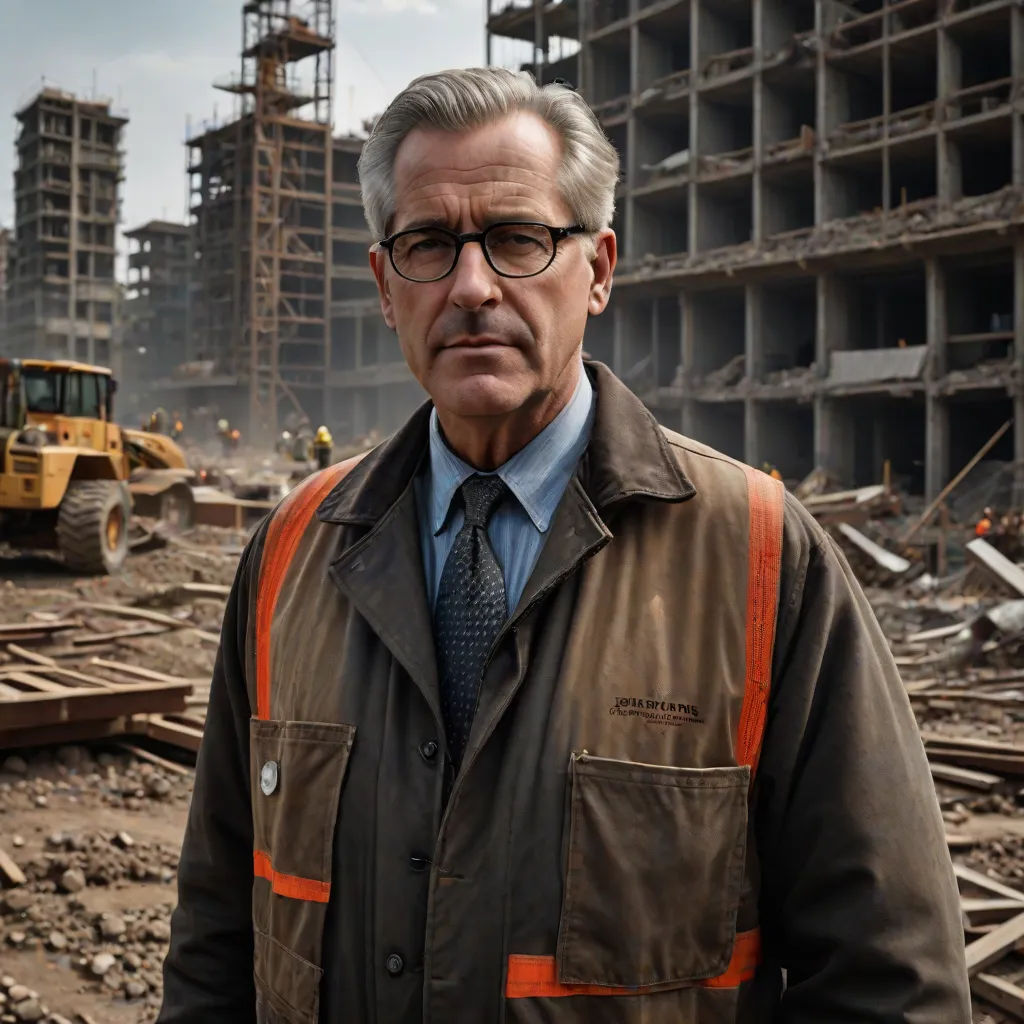
"Ordinarily, a person who sets out to commit suicide and succeeds, even if the mechanism is not as intended, is still defined as committing suicide," stated Dr. Mills, the medical examiner.
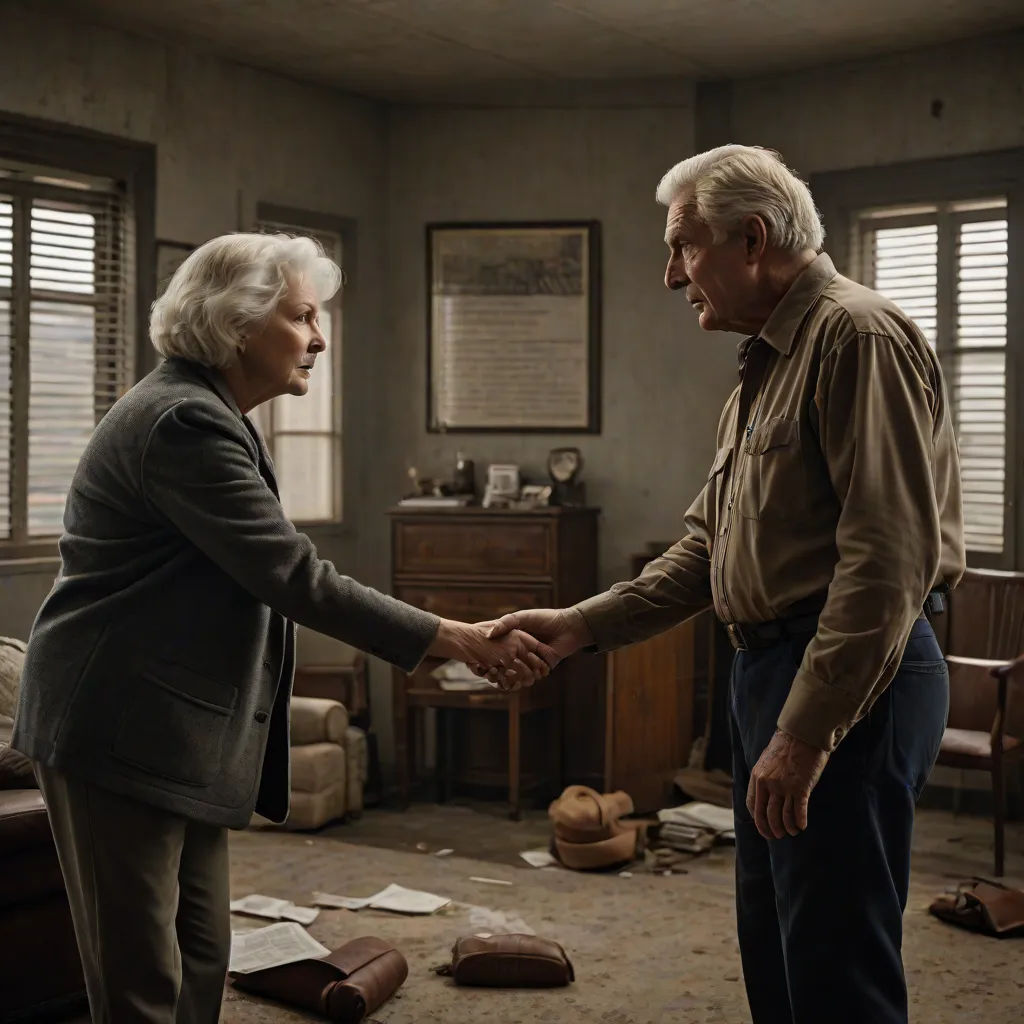
In the heat of an argument, the elderly man brandished a shotgun at his wife. In his fury, he pulled the trigger, missing his wife and inadvertently shooting Ronald.
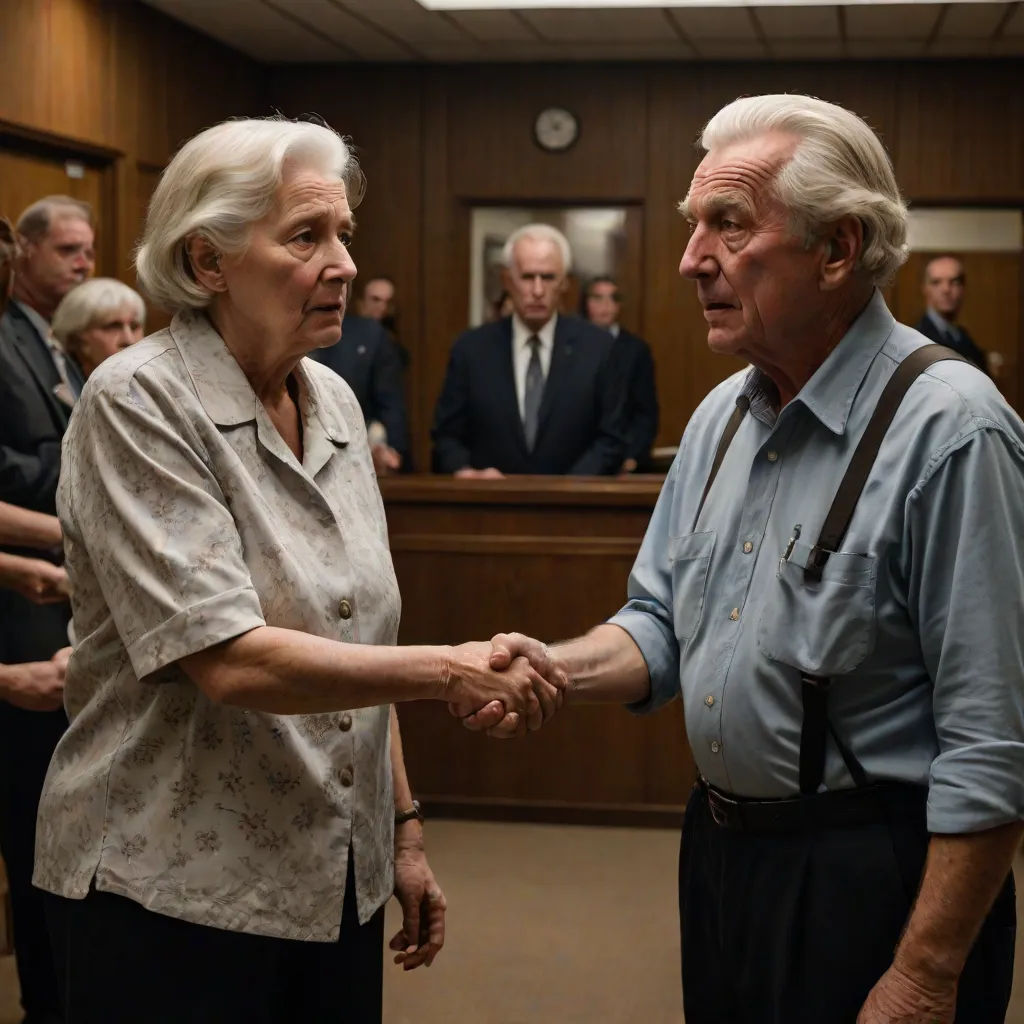
Upon being charged with murder, both the elderly man and woman protested, swearing they believed the shotgun was unloaded. The man admitted to routinely using the unloaded gun to threaten his wife.
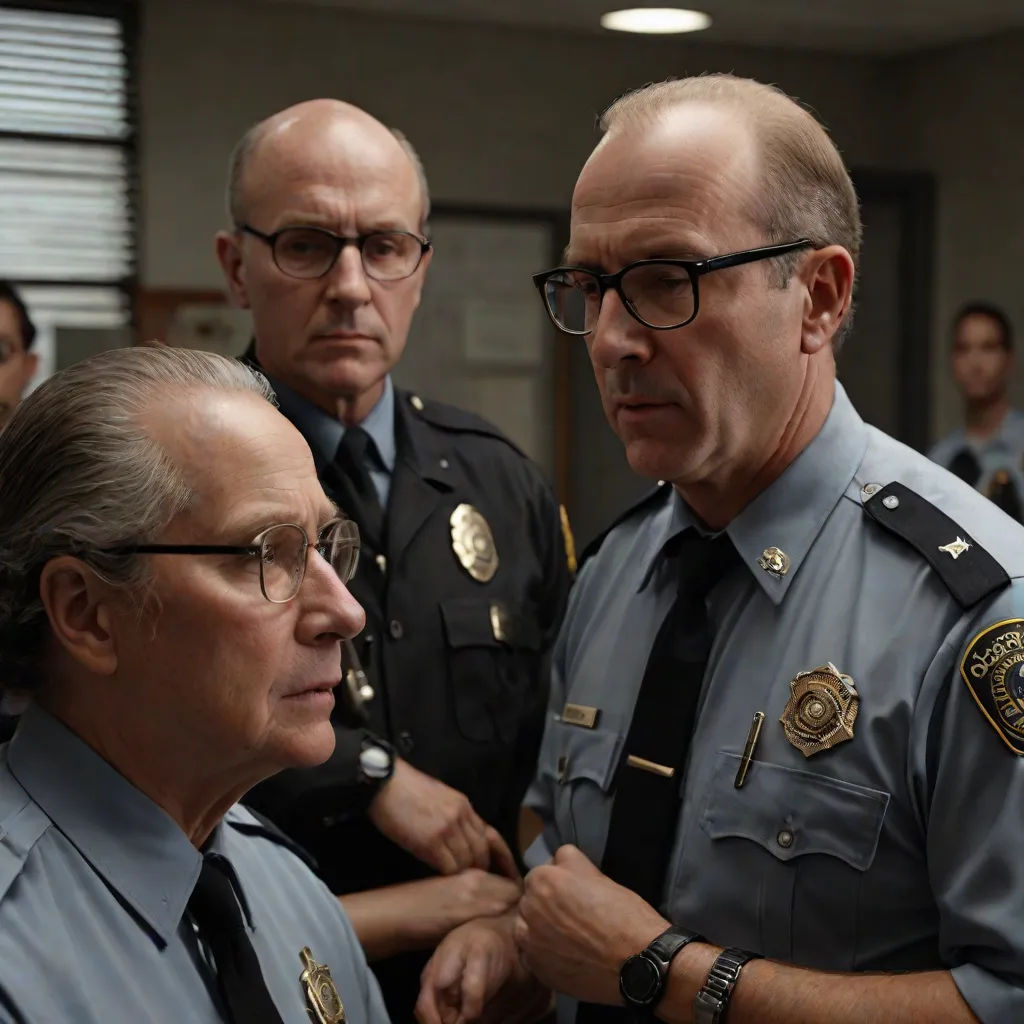
The investigation led to a witness who had seen the old couple's son loading the shotgun six weeks prior, seemingly setting the stage for a tragic accident.
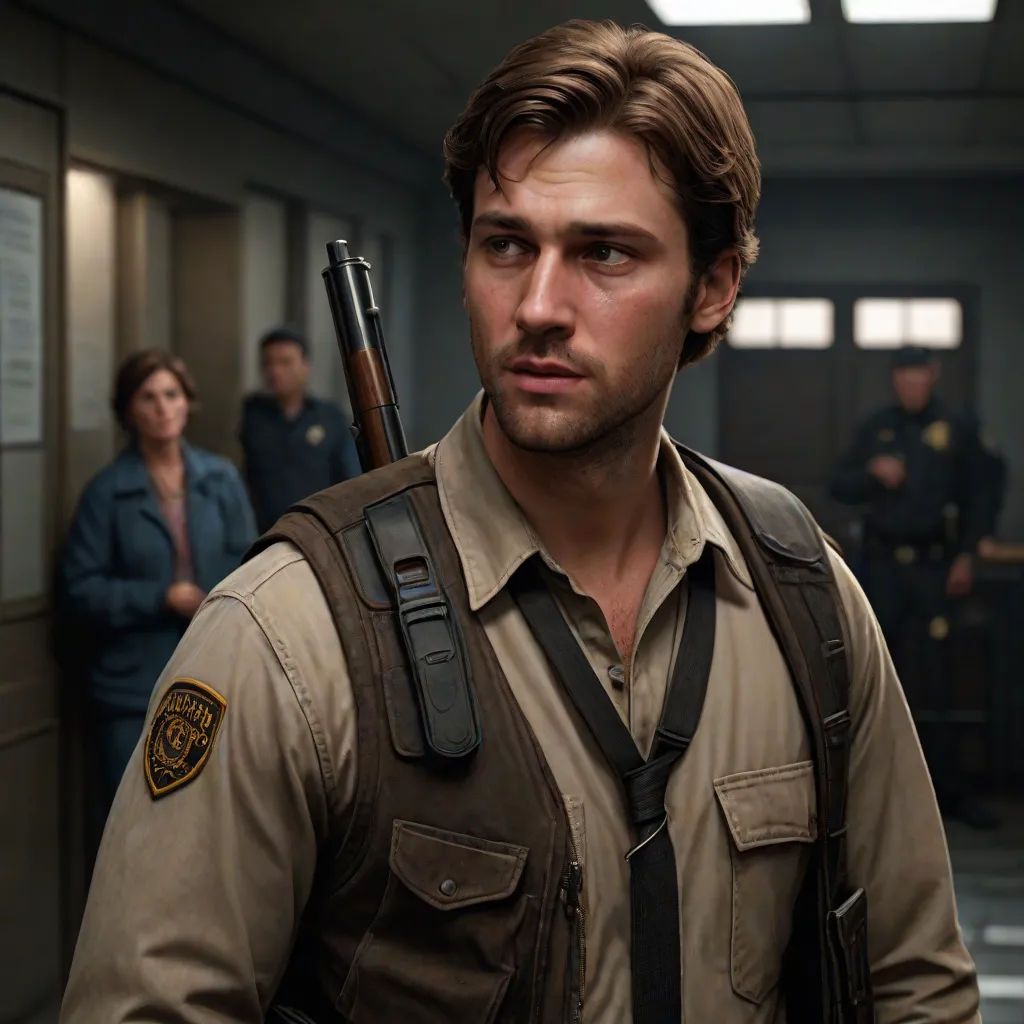
The son, cut off financially by his mother, had loaded the shotgun in the hopes his father would accidentally kill her in one of his heated arguments.
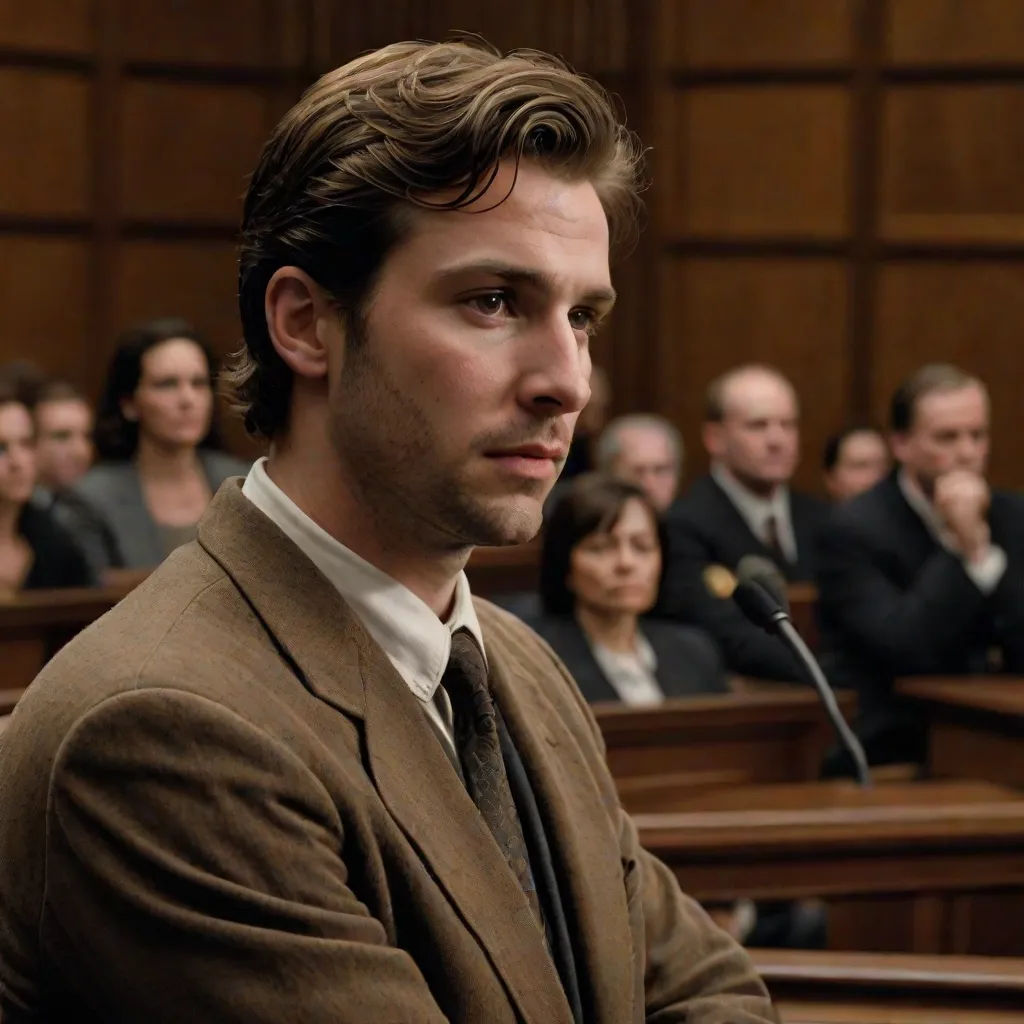
The son was found guilty of murder. His plan to have his father accidentally kill his mother had resulted in the death of Ronald Opus, an innocent man.

But as the investigation unfolded further, a shocking revelation came to light. The deceased Ronald Opus was, in fact, the son himself.
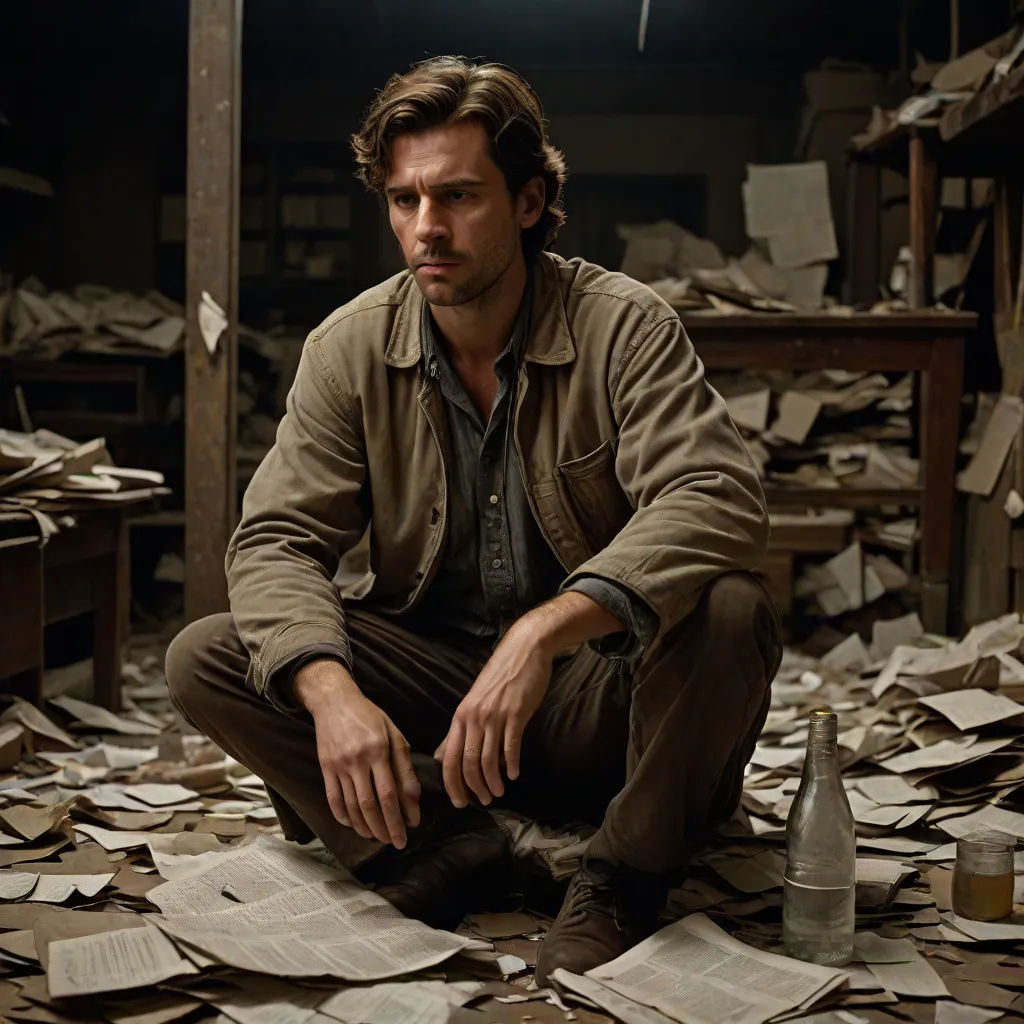
Ronald had grown increasingly despondent over the failure of his plan to engineer his mother's murder. This led him to the fateful decision to leap off the building.
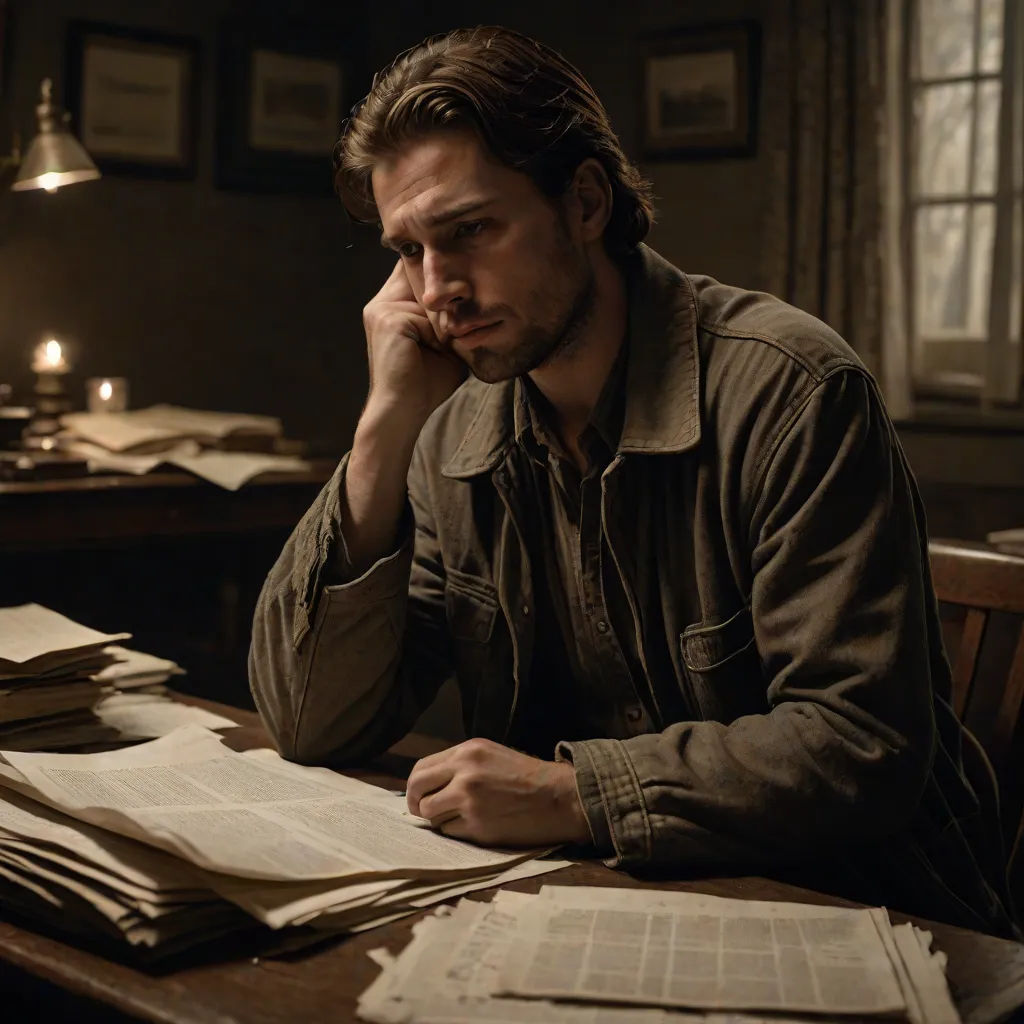
Ironically, Ronald was killed by the very shotgun he had loaded himself, intending it for his mother. His plan had backfired, leading to his own death.
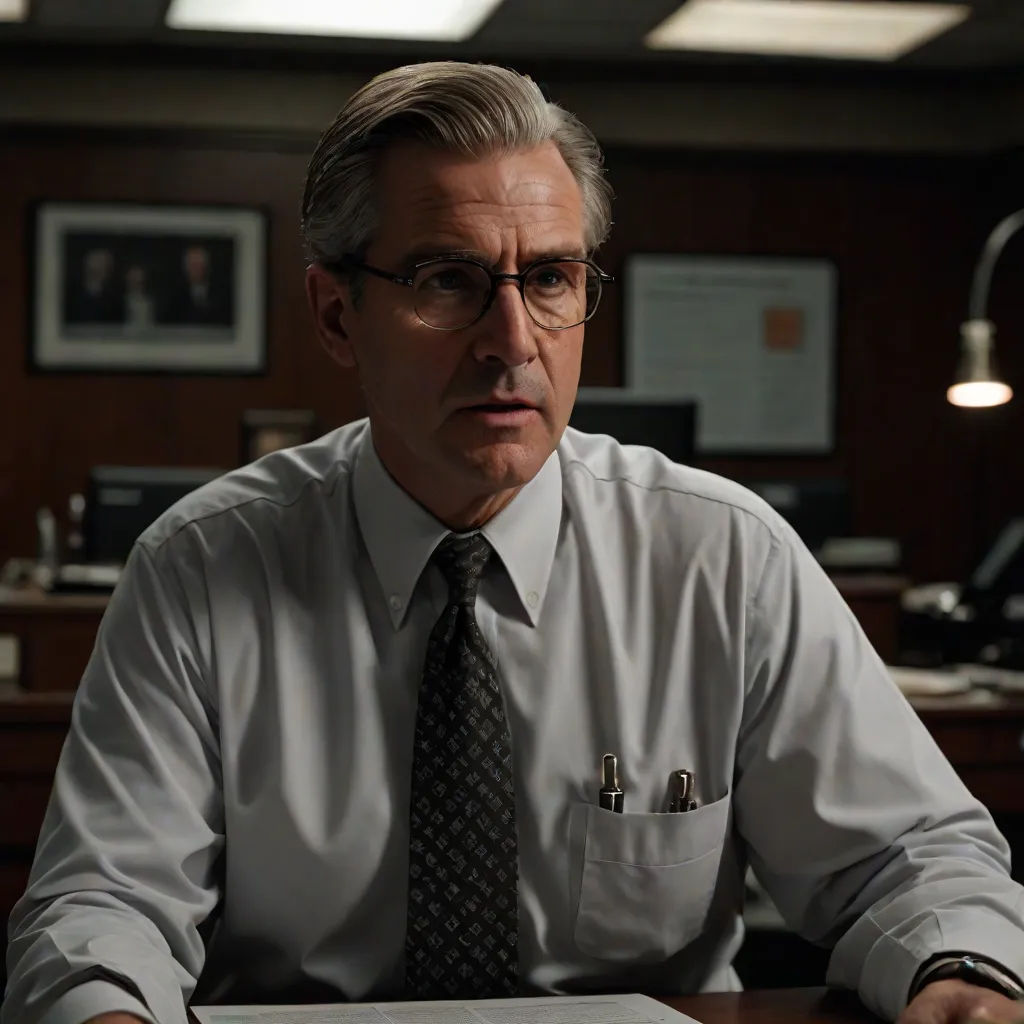
Dr. Mills, after piecing together the complex puzzle, concluded, "The son, intending to murder his mother, ended up killing himself. The case is, therefore, a suicide."